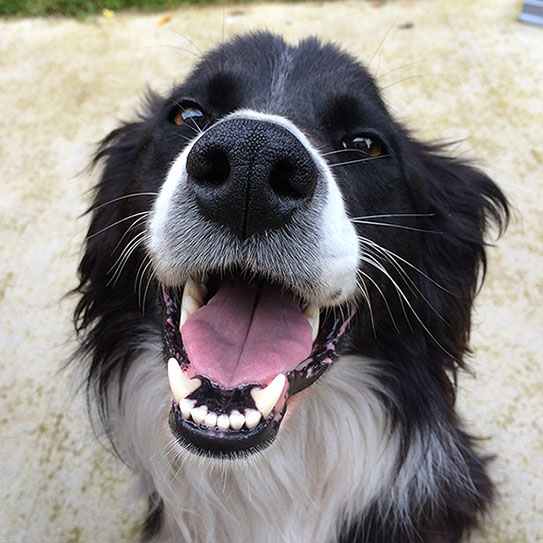
IT’S EASY TO ASSUME that our pets don’t need dental care like we do. After all, wild animals can’t exactly brush their teeth, and that doesn’t seem to be a problem for them. However, it turns out that our pets’ teeth have a very different situation than the teeth of wild animals, and they do need our help to stay healthy.
Animal Teeth In The Wild
There are two main reasons wild animals don’t need dental care. The first is diet. Unlike us and our pets (particularly cats and dogs), wild animals don’t consume a lot of sugar or carbs, which is what feeds the bacteria that causes tooth decay. Wild animals are more likely to wear their teeth down than they are to get cavities.
The second reason wild animals don’t seem to get tooth decay as often is that their teeth essentially outlive them. Their lifespans aren’t long enough for their teeth to rot before they die. If an animal’s teeth do rot, it won’t survive much longer in the wild, because unlike domesticated animals, it doesn’t have a friendly human to feed it after it can no longer eat its usual food.
What Dental Problems Are Pets At Risk For?
Our puppies and kitties might have teeth that look a lot different from ours, but they can get cavities and gum disease just like we can. In fact, a whopping 85 percent of dogs and cats get gum disease by age three. Keep an eye out for symptoms like difficulty chewing, tooth loss, and bad breath, as well as loose teeth, swollen or bleeding gums, and loss of appetite.
In a way, dental problems are even more serious for our pets than they are for us. We can take care of our own teeth, and we can describe what our teeth and gums feel like to our dentists. Our pets can’t do any of that, so when a problem happens, it’s more likely to get worse.
Tips For Pet Dental Care
Don’t wait for your pet to start showing symptoms of dental problems to begin a dental hygiene routine for them. Whether you’re keeping their teeth healthy or helping fight back against existing problems, you’ll be making your furry friend’s life so much better. Here are a few things you can do:
- Brush their teeth daily.
- Only use veterinary toothpaste, if any. (Your toothpaste will make them sick.)
- Give them vet-approved dental treats to help clean their teeth.
- Get their teeth professionally cleaned! Some vets offer dental services, but if your vet doesn’t, they can probably recommend a veterinary dental specialist in the area.
Do It For Those Happy Doggy And Kitty Smiles!
As a pet owner, there’s nothing better than seeing them happy and full of life, and taking good care of their teeth is a great way to make that happen. If you have any questions about what to do for your pet’s teeth or if you’re having trouble getting them used to a dental hygiene routine, make use of resources like our practice and your veterinarian.
